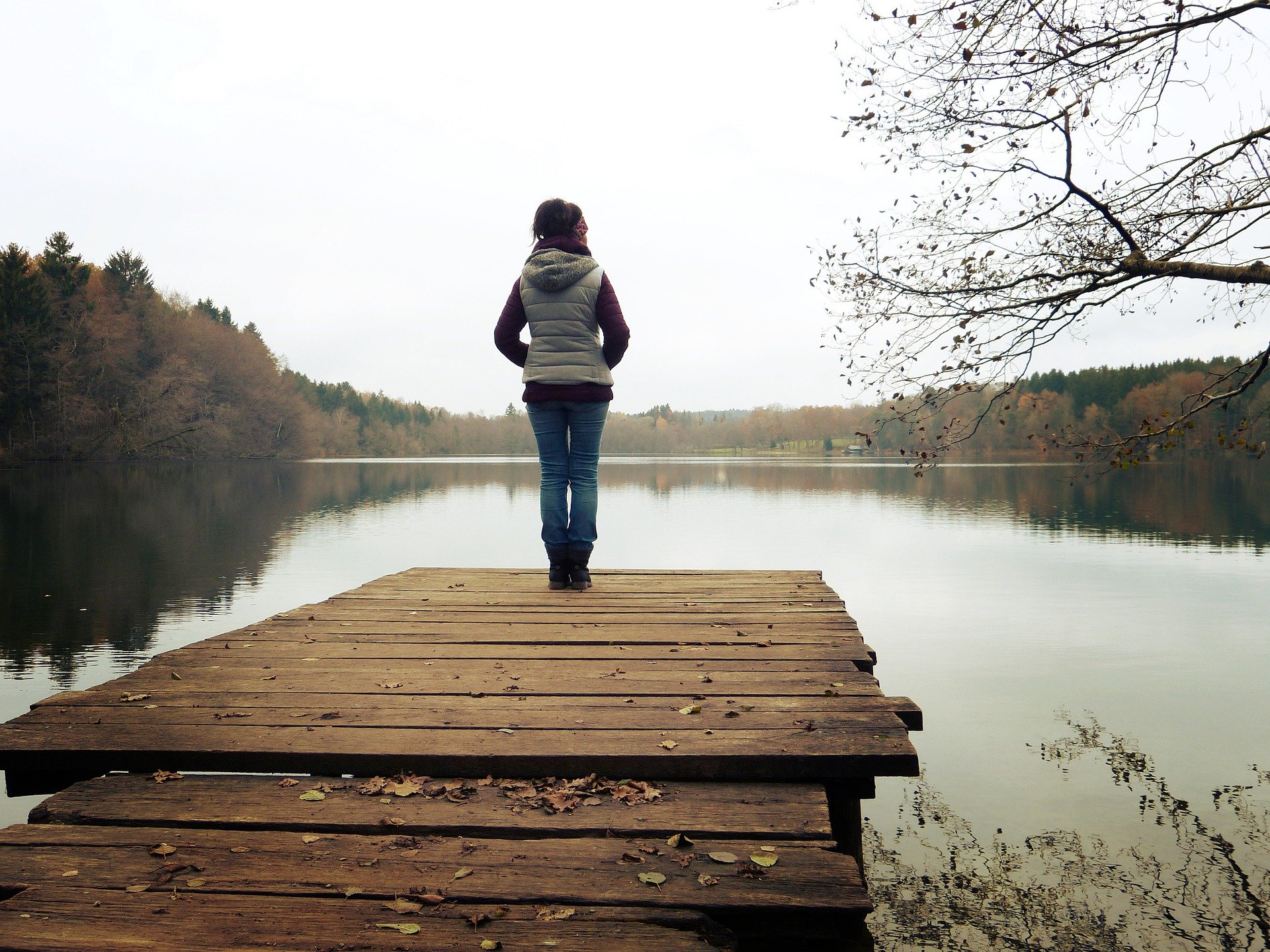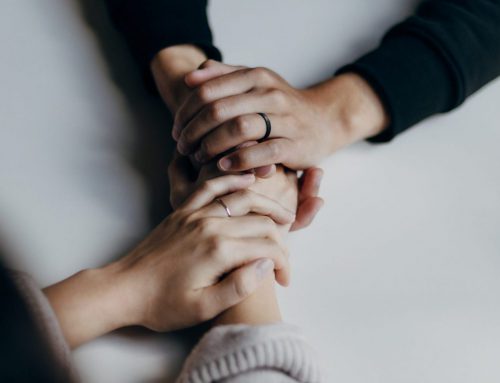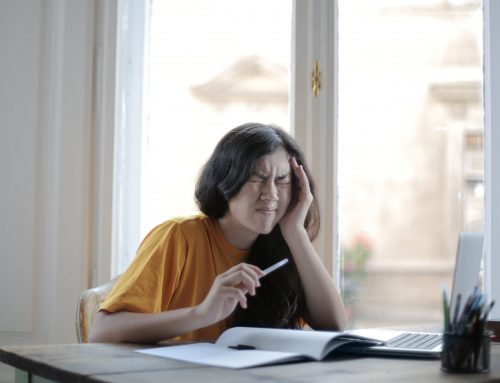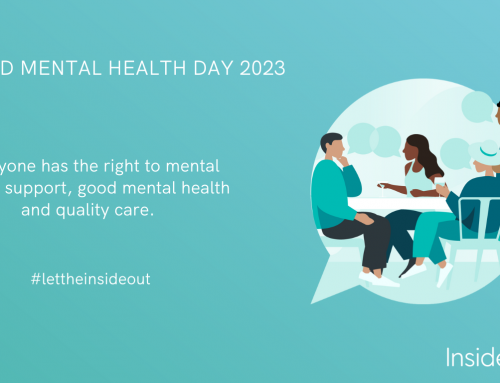Recently, celebrities such as Gwyneth Paltrow, Andrea McLean, and Davina McCall have been encouraging dialogue around the physical and emotional symptoms many women suffer from during perimenopause and beyond. In this article, to mark Menopause Awareness Month 2021, we bring you an overview of the main symptoms to be aware of and provide some alternative tips to Hormone Replacement Therapies (HRT) which you might want to consider.
This year the theme for menopause awareness month is bone health. A reduction in bone density during perimenopause can accelerate once periods have ceased and this is one of a variety of symptoms that are known to affect women to varying degrees.
About 8 in 10 women experience one or more symptoms, which can be:
Physical;
- hot flushes – short, sudden feelings of heat, usually in the face, neck, and chest
- night sweats
- itchy skin
- a reduced sex drive (libido)
- vaginal dryness and pain, itching or discomfort during sex
- headaches/migraines
- palpitations – heartbeats that suddenly become more noticeable
- joint stiffness, aches, and pains
- reduced muscle mass
- osteoporosis – reduced bone density
- recurrent urinary tract infections (UTIs)
And psychological;
- emotional changes, such as low mood, anxiety, panic attacks
- problems with memory and concentration
- difficulty sleeping – this may make you feel tired and irritable during the day
- loss of confidence in body image, or competence to do things.
Having one or more of these symptoms severely can have a significant impact on a woman’s relationship; family; social life; and work life. You should seek medical advice in the first instance for the symptoms, and you may be offered medicines to help such as HRT, and psychological support through counselling.
If you want to try to manage perimenopause and menopause without formal healthcare interventions, here are some top holistic health tips you might want to try for some of the main symptoms.
For hot flushes;
- wear light clothing
- keep your bedroom cool at night
- take a cool shower, use a fan, or have a cool drink
- try to reduce your stress levels
- avoid potential triggers, such as spicy food, caffeine, smoking, and alcohol
- take regular exercise
- lose weight if you are overweight
For emotional symptoms;
- Access self-help info for low mood/anxiety online via a discussion forum, blogs, podcasts, websites
- Read or listen to books
- Exercise moderately – try things that are relaxing such as yoga or tai chi
- Get plenty of rest and have good sleep hygiene so you can recharge yourself at night
- Undertake mindfulness, advanced relaxation, and meditation to give your mind a break from stress and anxiety
- Talk – explain how your symptoms affect you with your significant others, seek advice from female family members or friends who have been through similar experiences.
For bone, muscle, and brain health:
- Keep well hydrated with non-caffeinated, non-alcoholic drinks
- Take vitamin D and calcium supplements to assist with energy levels and bone density
- Take iron tablets to stave off anaemia if your periods are heavy and erratic
- Take B vitamins to maintain hair, immune system, and brain health
- You need B vitamins and protein to make good neurochemicals, so make sure you have plenty of both to keep these in good supply.
For more tips or advice and signposting to professional help, try visiting The British Menopause Society or The Menopause Doctor.
Author: Dr Becky Lunson Southall, Content Contributor for InsideOut






